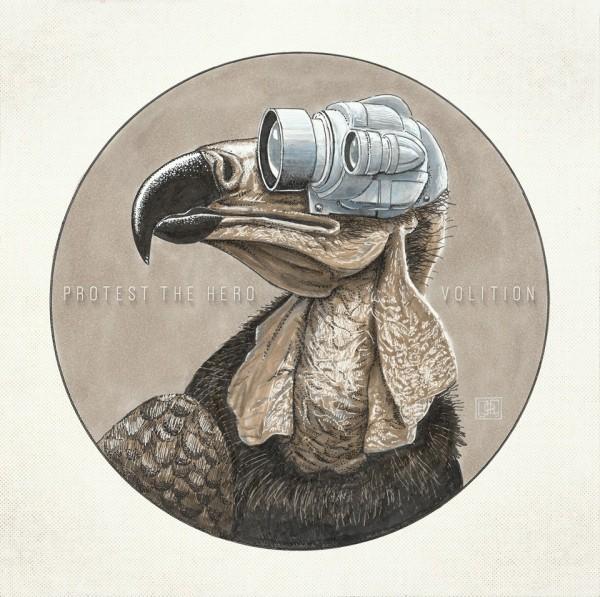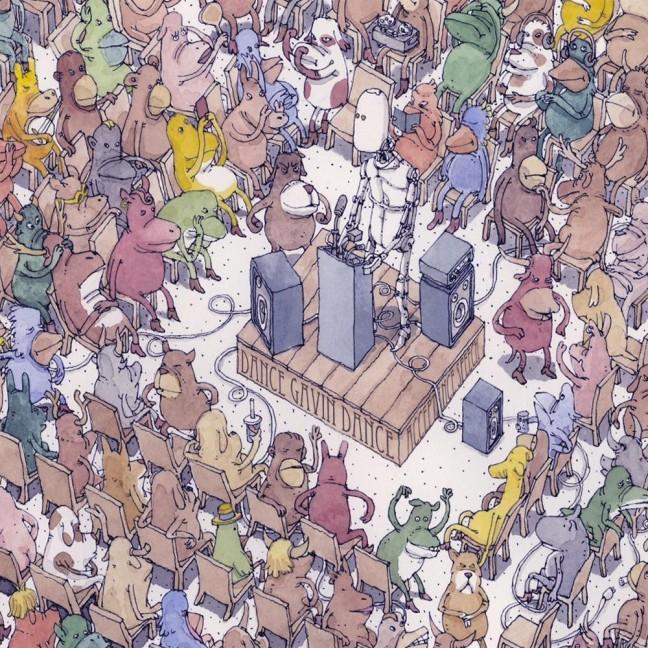Recently, even to those of us who avoid the “news” like a coffee lover avoids Starbucks, three “events” have loomed large in the media: Richard Sherman’s volatile, adrenaline explosion in the NFC Championship postgame, Justin Bieber’s DUI/expired license arrest and Lostprophets lead singer Ian Watkins’s abhorrent child abuse and molestation. Of course, public reactions were divided in both cases, some taking the side of the celebrity in question and others condemning them; the only thing that all can (and should) agree on is that the public’s reaction was excessive since these events are of minimal importance in a world with major issues, but that is another brand of soap entirely. Still, these happenings and their respective fallouts sparked a powder keg that this columnist has been stocking for quite some time, namely the separation between artist and his or her beliefs, actions, personal life.
Put simply, it seems unfair, inconsistent and ignorant to judge art on anything but its own merits; the person, the artist, behind the work is entirely irrelevant to the quality of their accomplishments. Nothing any artist does should have an impact on how consumers view their body of work, no matter how grievous the offense. This is unquestionably a very controversial opinion, but given the hypocrisy and inconsistency that this all-too-common judgment tends to be ensconced in, it really is the only logical defensible position.
Before continuing, I must now make an aside to explain that I am in no way condoning the actions any artist (or person) has taken. Furthermore, my definition of “art” is extremely broad here, including things like football mastery in Sherman’s case.
To see the aforementioned hypocrisy, one need only look to an artist that is widely known to be a nice, philanthropic individual and see how their personal life influences their professional life; if public judgment were entirely fair, one would assume that being a “good person” should make more people love his or her artwork. Two examples will show that this is simply not the case. Jennifer Lawrence, the Internet’s current sweetheart, is a fantastic actress and a seemingly wonderful individual, but when critics and the public talk about her acting, they do not mention her personal qualities; she stands, as an actress, on her own chops, not propped up by her charming personality. On the other end of the spectrum, Rebecca Black, an objectively terrible artist, is also reportedly very humble, very nice and just an all-around good person, yet no one with ears would ever say that “Friday,” “Saturday” or her sure-to-come other five singles are good music. Surely the public and critics should give her a pass for being such a sweet gal, no? Obviously, no one ever took that train of thought, since her “art” is considered nothing more than a bad joke at this point.
So, based on these two examples, one notices that artists, good or bad, are not given bonus points in the artistic realm for being nice people, yet, as demonstrated above, “bad” people’s art is often called into question. Some people will not cheer for Sherman in the Super Bowl because he tends to be a bit cocky. Some people will now (hopefully) stop listening to Bieber’s music because of a mistake he made in his personal life. Some people swore up and down that they would never play another Lostprophets song because of Watkins’s evil. This is unfair on another level other than the obvious hypocrisy simply due to the fact that much art is not the product of the efforts of one person but of the collaboration of many people (see the Seahawks, Bieber’s songwriters and producers and the rest of the Lostprophets band members). Those involved with artists who make bad personal decisions should not be dragged along to publicity hell along with their cohort, and their contributions should not be discounted or disparaged as a consequence.
As to the ignorance of such judgments, think of all the things one could and would miss out on if one judged art based on the personal character of the artist. Ignoring art and limiting one’s artistic experiences based on something as silly as the artist’s personality is flatly ignorant; it is nearly the definition of ignorance. Christians need not avoid the Satanic ramblings of certain murderous black metal artists because they disagree with the ideology; the music itself is awesome and deserves to be listened to without outside bias. Christian Bale is a phenomenal actor who seems to be a bit of a bully in real life, but to ignore his accomplishments because of this would be depriving oneself of awesome experiences.
If one must hate, hate Bieber’s music because it’s bad, and hate his person because of his affluence and entitlement; hate Ian Watkins because his crimes are too disgusting to be read by human eyes, but also hate Lostprophets because their music is lacking in substance and any semblance of songwriting. It’s fine to have opinions, but try to found them on something logical, fair and intelligent. Judge art for what it is, not what the artist is or is not.

















